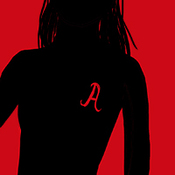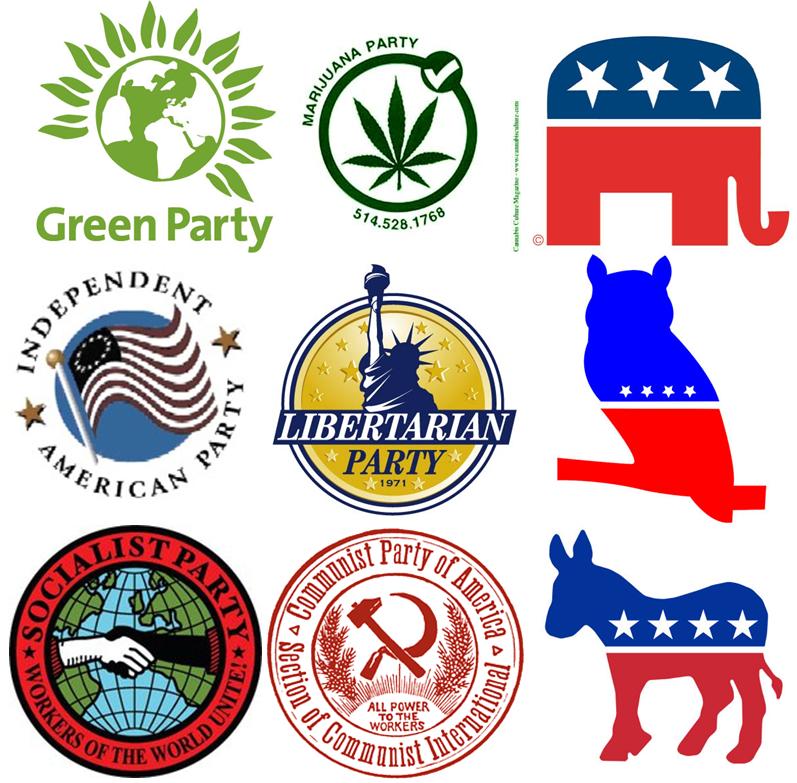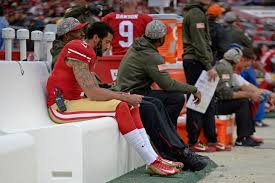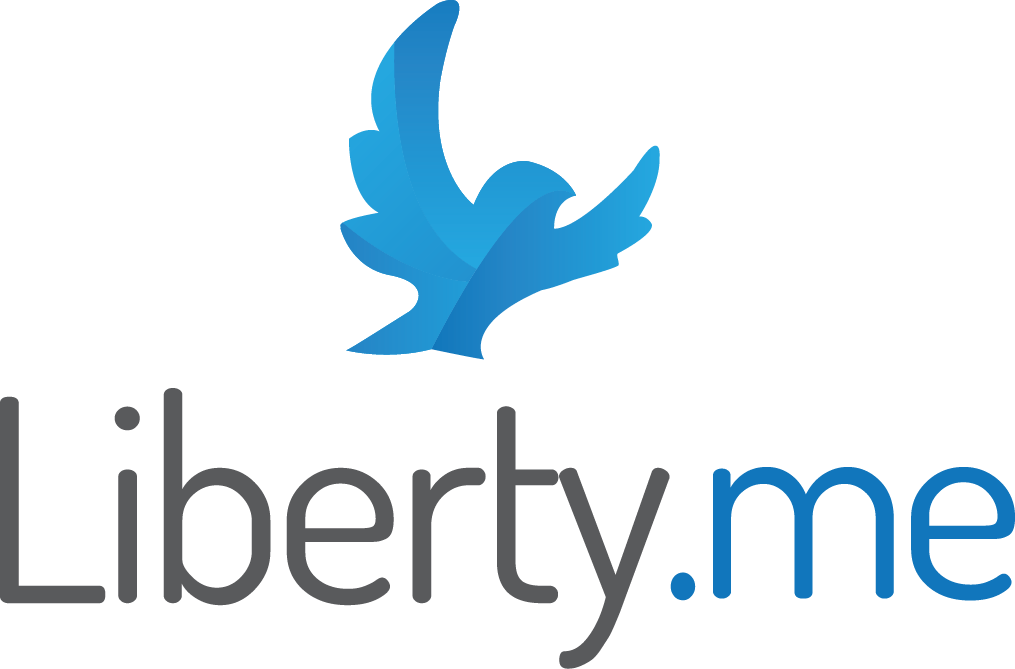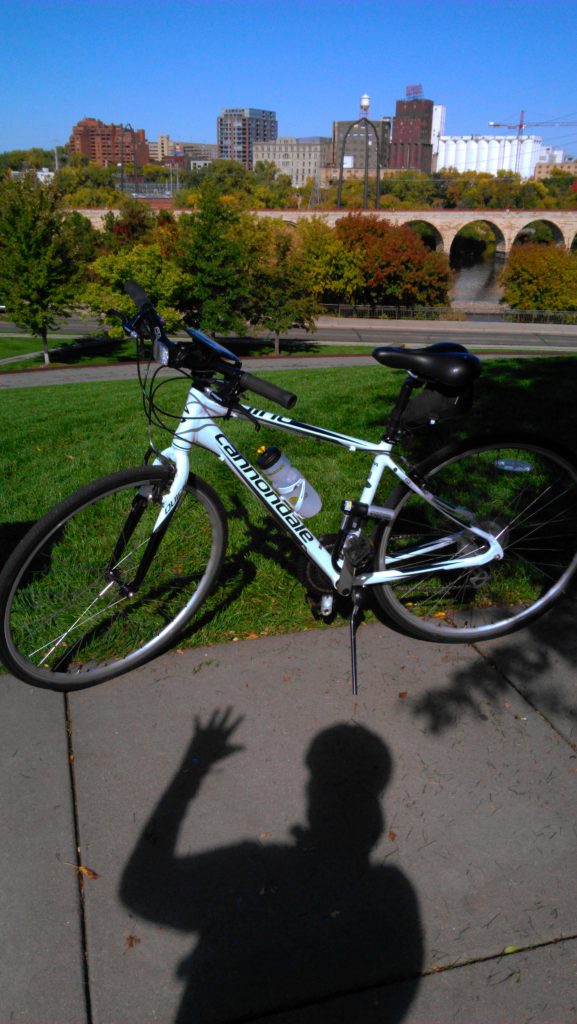
I live in Minneapolis. Yes, that Minneapolis. Infamous Minneapolis. The city where four police officers killed George Floyd on May 25th, 2020, and set the world on fire, not at all in a good way. I was away from home when the horrific event happened, and during the subsequent nights of rioting, which touched the edges of my neighborhood, and has left scars in many corners of the city, especially along Lake Street, one of the main streets through South Minneapolis. Lake Street and Minnehaha Avenue were the epicenter of the unrest. On that corner, the Minneapolis Police Department’s 3rd Precinct building was encircled, and eventually burned down, securing a victory by those hoping to cause mayhem and destroy the system. I’m sure you know the story, but do you know the town?
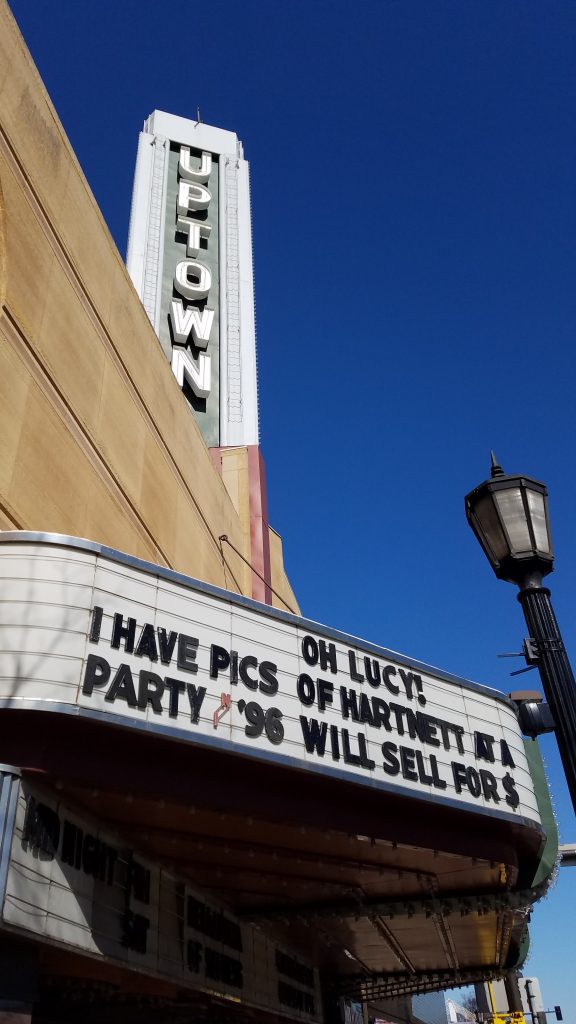
My neighborhood is called Uptown. It is west of the epicenter in the 5th Precinct. Lake Street and Hennepin Avenue form the main crossroad of Uptown. Naturally, Prince, that Minnesotan Minnesotans will never stop reminding you was a Minnesotan, wrote a song called “Uptown” about my neighborhood. He was a true Minneapolis kid. And while I didn’t grow up in the neighborhood, or even in Minneapolis, I dreamed of living here since I was a student at the University of Minnesota in the ‘90’s and took a drive through Uptown and the nearby “Grand Rounds” around the lakes with some friends. I fell in love. It’s an eclectic area. Bohemians, poor college students, artists, vagabonds, lower, middle, upper class. We got ‘em all. Old brownstone apartment buildings share streets with multi-million-dollar mansions and everything in between. Its filled with restaurants that draw residents in from the suburbs, including yuppy foodies and just out of college dude-bros. Its one of the few Minneapolis neighborhoods that feels like I’m living in a more walkable city like New York or London. I moved here on the day of another infamous Minneapolis moment when the I35W bridge collapsed in 2007, and since then the neighborhood has changed. Its been a bit gentrified. The old, divey diners have given way to Apple stores and expensive condos and apartments that exceed the previously strict building height limits, blocking out the view of downtown from some of the more popular rooftop patios. Many residents hate these facts. I see them as normal signs of change, and progress. You get some good. You get some bad. I love the vibrancy all the new people and attractions bring to the area. I love that I can walk out my door and within a block have many great places to eat and explore without having to get in my car. At least that’s how it was pre-COVID and pre-riots. Both of these things have conspired to destroy my city.
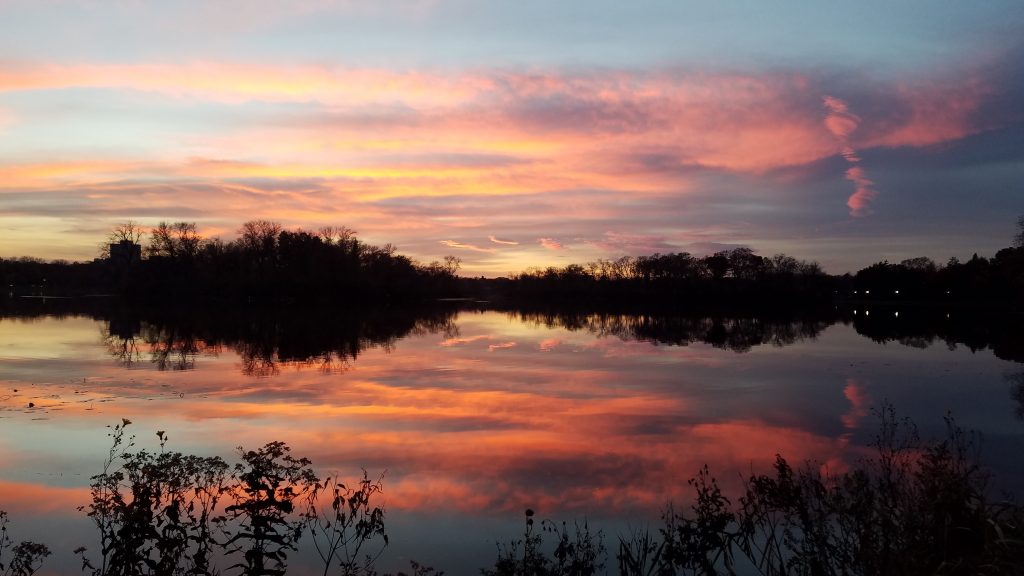
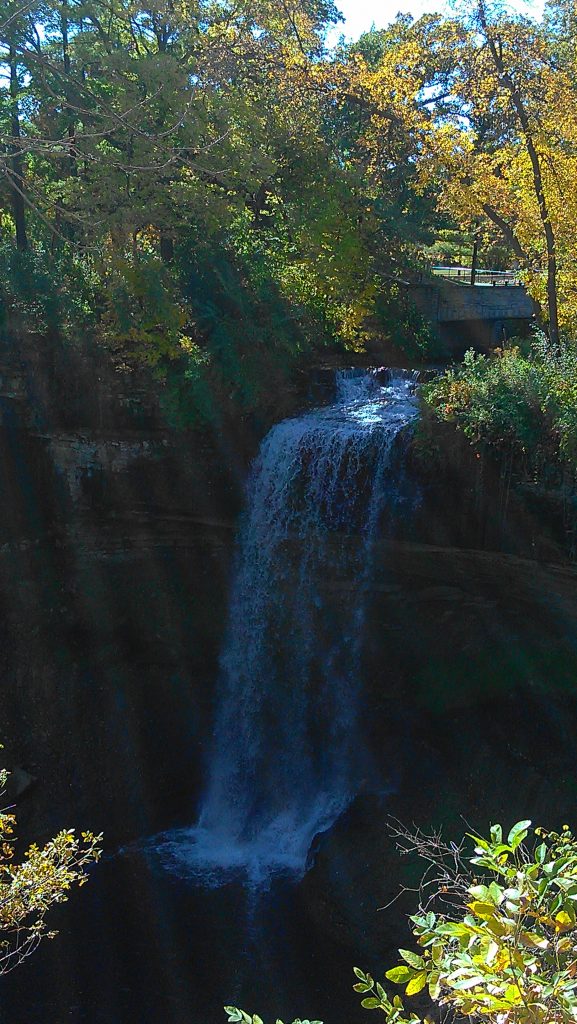
Minneapolis means the “City of Lakes”. According to our Parks and Rec website, the city has “180 park properties… [including] 55 miles [of] parkways, 102 miles of Grand Rounds biking and walking paths, 22 lakes, 12 formal gardens … and receive[s] about 26 million visits annually.” Twenty-two lakes within a city of just over 400,000 inhabitants and more than 57 million square miles is nothing to sneeze at. The city earned its nickname honestly. Within five blocks of my condo, I am on the shores of Bde Maka Ska (formerly Lake Calhoun) and on the numerous bike paths, where I ride hundreds of miles each summer. My bike’s name is Javier. I may have named my bike, but I’m not a hardcore cyclist. I don’t ride in the winter, but many Minneapolitans (our preferred label) do. Winters are cold and snowy here, and the city’s residents know how to have fun in all seasons. We don’t merely hibernate in front of a fire and wait for Spring. Every February, I look forward to the Lakes Loppet (pronounced Low-Pet) a weekend long festival with many events, mostly involving Nordic Skiing (some with dogs!), ice sculpting contests, and a party on the frozen water of Lake of the Isles. I don’t Nordic ski, but the Loppet is a lot of fun. Minneapolis, especially my neighborhood, is filled with events all year long. South and Southwest Minneapolis have an air of historical, romantic fantasy scattered all over the landscape, embedded in the names of places. Henry Wadsworth Longfellow wrote “The Song of Hiawatha” in 1855, and although he never visited Minnesota, his epic poem is set “among the Ojibwe and Dakota” who lived here before the white settlers expanded westward. We have Hiawatha Avenue, Minnehaha Falls, and their namesakes are immortalized in bronze at one of the city’s most visited parks. The falls in summer is one of my favorite bike destinations. I love the roar of the water, and watching all the people explore a quintessential Minnesota attraction. Nature in the City is what makes Minneapolis special. We have a lot of nature here, but it’s also a modern city with famous theaters and museums, large multinational corporations, skyscrapers, great restaurants, micro-breweries, and major sports teams.
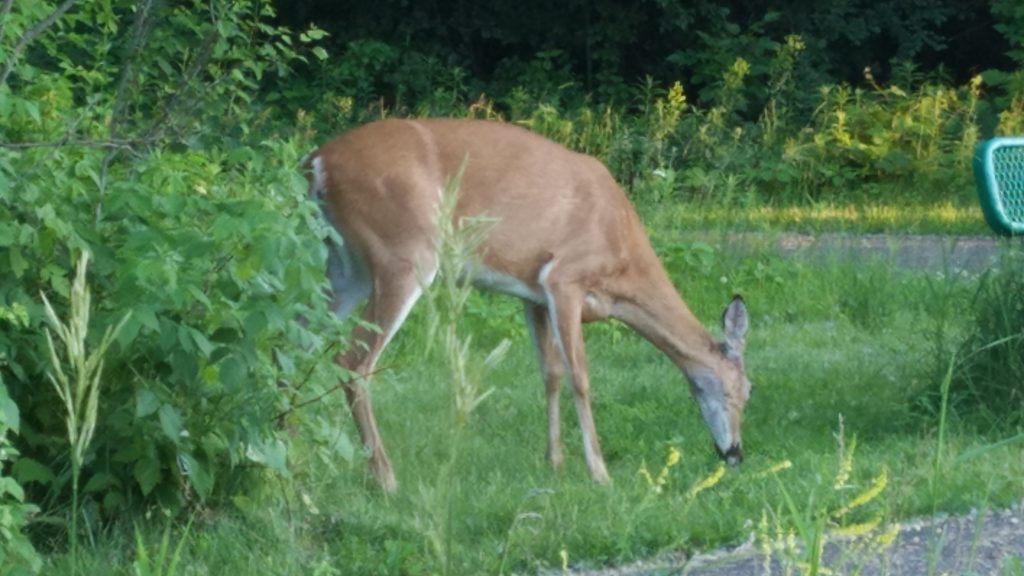
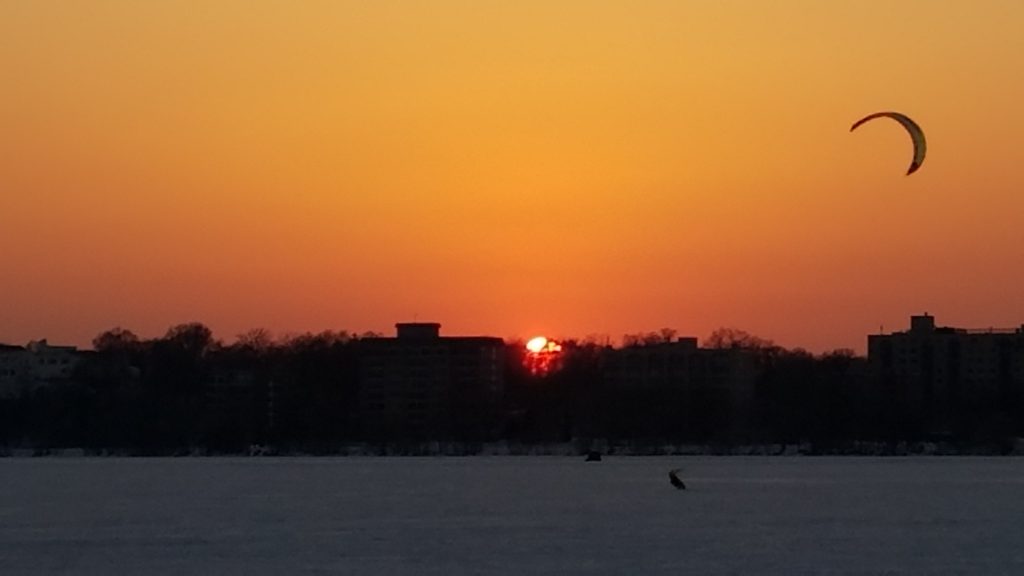
Since I can remember, I’ve wanted to live in a city. A BIG city. I don’t understand why exactly. I remember coming to the Twin Cities, “the Cities” for short, with my family when I was really little. We lived about 40 miles north. I’m not sure if it was Minneapolis or Saint Paul. I only remember looking up at the towering skyscrapers all around us and being enamored. They called to me. I wanted to be amongst them. Perhaps its because I am an introvert who loves to talk to and watch people. Perhaps its because I never dreamed of having kids and a yard. Perhaps it’s just embedded in my DNA. All I know is I love living in the busy, noisy, diverse, sometimes frustrating, maddening organism that is a city. A few years after college I seriously considered moving to New York City. I had no plan. I just wanted to live in the biggest city America had and absorb. Life took me on another path, and eventually, I moved out of Minnesota, but then came back home again. There was never a question that if I returned home, I would live in Minnesota’s biggest city, the city where I attended the University of Minnesota (“The U”). I never seriously considered living anywhere but in Uptown. This is where I belong.
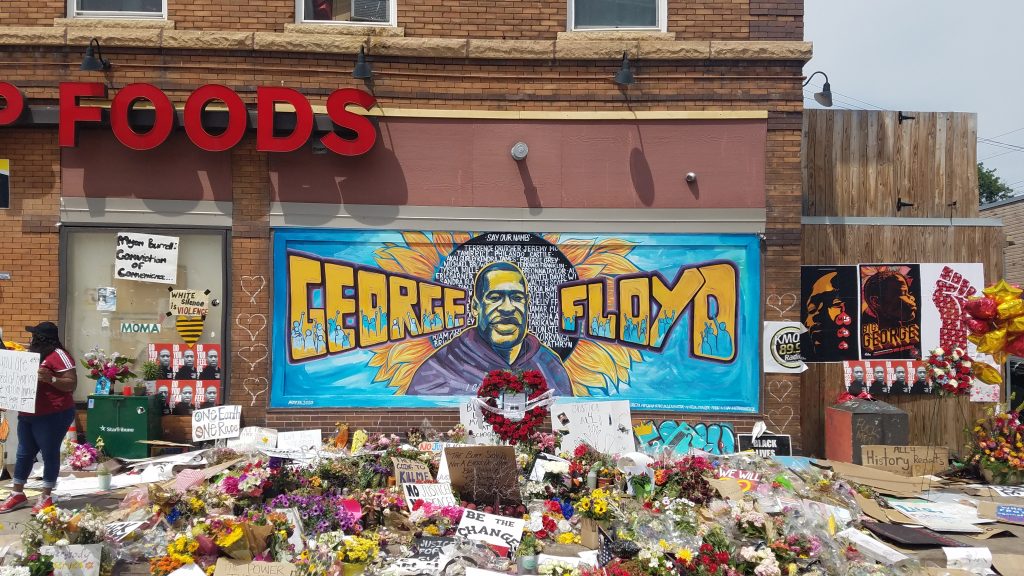
Minneapolis. Photo by PersephoneK
What happened to George Floyd was a travesty and a tragedy. What has been happening in Minneapolis since fills me with despair. I am not going to sugar coat this. The pandemic created kindling. The killing of George Floyd lit the city on fire. Since then the city has become instable. Disquieting rhetoric, increases in homelessness, and disturbing “upticks in crime”[*] are too common, especially compared to before. Not everyone likes big cities. It was sometimes hard to convince people to visit me, even before May 2020, but now its even harder. Some of that is completely understandable. Some of it is inflated fear. Some of it is a million other factors, all of which make me sad. I hear what everyone is saying. “Minneapolis is a hellhole.” “They are getting what they deserve.” “I’m not spending another dime in that city again.” “All the cops should abandon the place.” I understand these sentiments, but they also break my heart, and make me angry. Minneapolis is not the hellhole you’ve been told it is. The truth is in the murky middle. The city is not what it once was, but its not yet descended into a warzone.
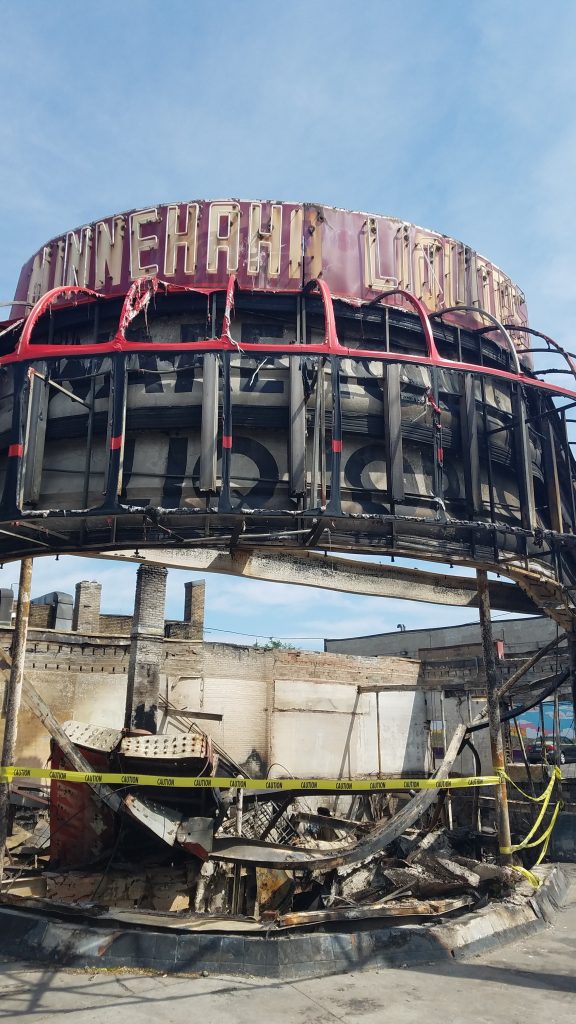
People often ask me, “are you going to move out of Minneapolis?” or the less tactful simply say “You’re an idiot if you stay in that shithole.” I’ve thought about this a lot. I don’t have a great response. I’ve certainly considered my options. What the future brings, I cannot say. What I do know is the day I move out of Uptown, and especially the day I move out of Minneapolis will be a sad day for me, if it comes to that. I also know that the more people tell me I’m crazy to stay, the more they tell me they actually hope the MPD abandons us to the predators taking advantage of the chaos and poor leadership, the more people tell me its my fault for voting in the current leadership (even though I voted for none of them), the more I want to dig in my heels and fight for my home. Minneapolis is not a monolith. Its not one organism. It is made up of over 400,000 individual souls with their own lives and dreams and circumstances.
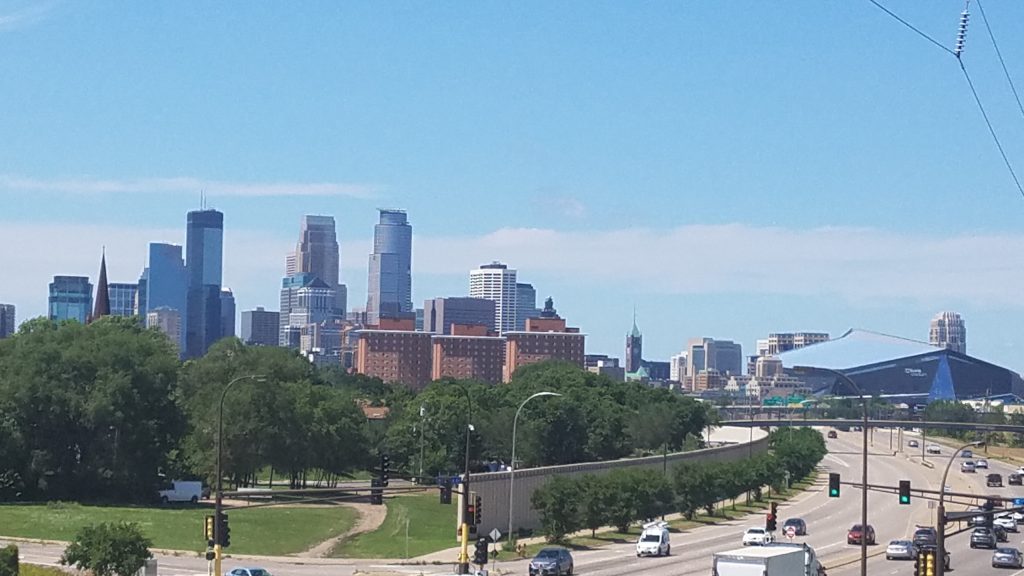
This isn’t about politics to me. This is about my home. I consider myself politically homeless. Not a single council person or the mayor represents my views in any serious way. I’m a minority in this town. My vote will be meaningless because even if the entire council is voted out (and that is possible), I can almost guarantee they’ll be replaced by people I disagree with strongly on important topics, but I still love my home. I love Minneapolis. Do I not matter to you who would say the city should just crumble and die? You who say the city is a cesspool and you hope we fail, who am I to you? Nothing? Just collateral damage to prove that progressive politics is a failure? Just an idiot who deserves what she gets? Those of us who live here in spite of the politics matter too. We love the parks, and the lakes, and the place this once was, only six months ago. You may choose not to patronize the small business owner just trying to survive, or rebuild her burned-out dream. You may think Minneapolis doesn’t matter to you from some other Minnesota town, or even beyond. Are you so sure? Are you so sure you don’t need the biggest city in Minnesota to thrive? You don’t need one of America’s 30 largest GDP per capita cities at all? Its failure would not impact you at all? Maybe not, but are you so sure your town is nothing like us? Your town is likely run by a few powerful people leaving you at their mercy. The main difference is we’re bigger and the loss of Minneapolis will be that much more catastrophic.
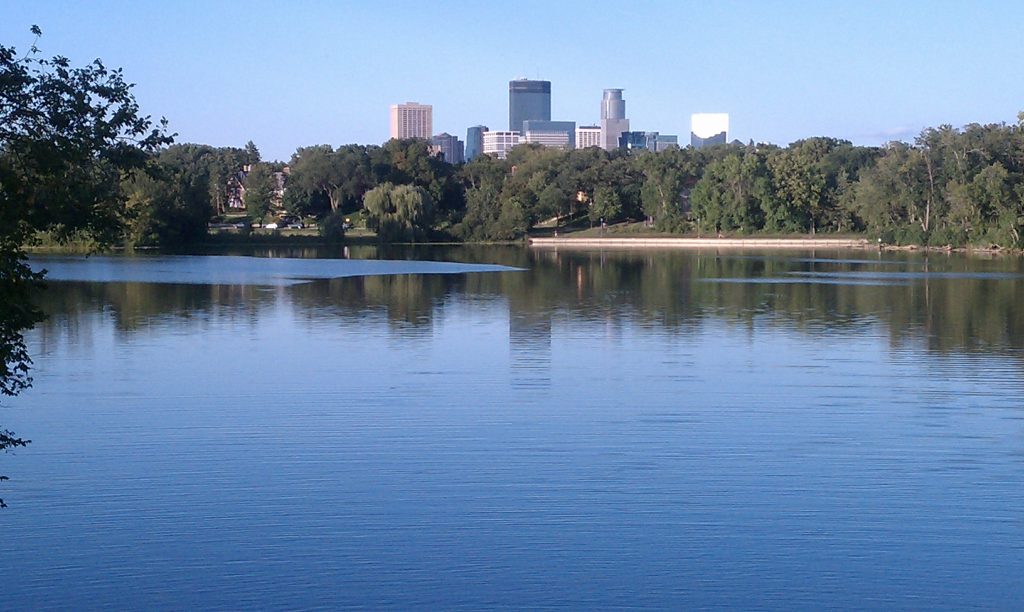
Photo credit @PersephoneK
If I leave, and others like me leave, the only people left in the city either agree with the council, agree with the rioters, are fine with chaos, are criminals, or are the powerless. What happens to them? I have the means and power to flee if I choose to do so. Not all are so privileged. Are you ok abandoning them? Everyone must make their own choices. But you, non-Minneapolitan, do not speak for me. Leaving sounds easy, but maybe you have never loved your home as much as I love Minneapolis. Fixing what’s wrong will be hard. Without me, and without you its impossible. Real, regular people who are pawns in the games played by political and criminal factions live here. This is our home. I intend to fight for the city I dreamed about living in when I was a little girl, awed by buildings extending all the way to the clouds. This metropolis of the lakes is my home. I’m not quitting. Please, don’t give up on us yet.
Peace,
Persephone K
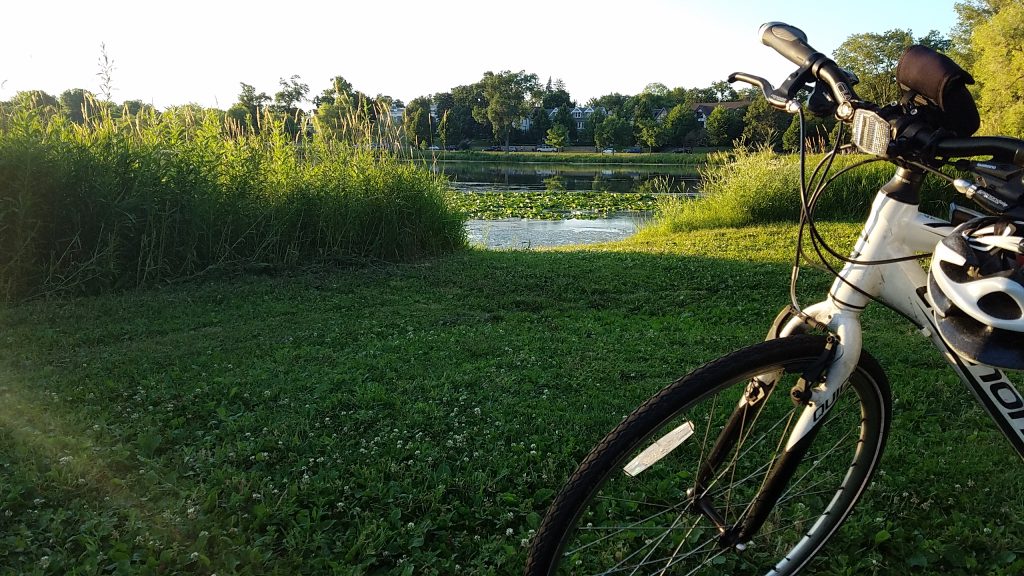
*I once was a professional crime analyst. I am in the early phases of a new project focused on Minneapolis crime, hopefully coming soon.

